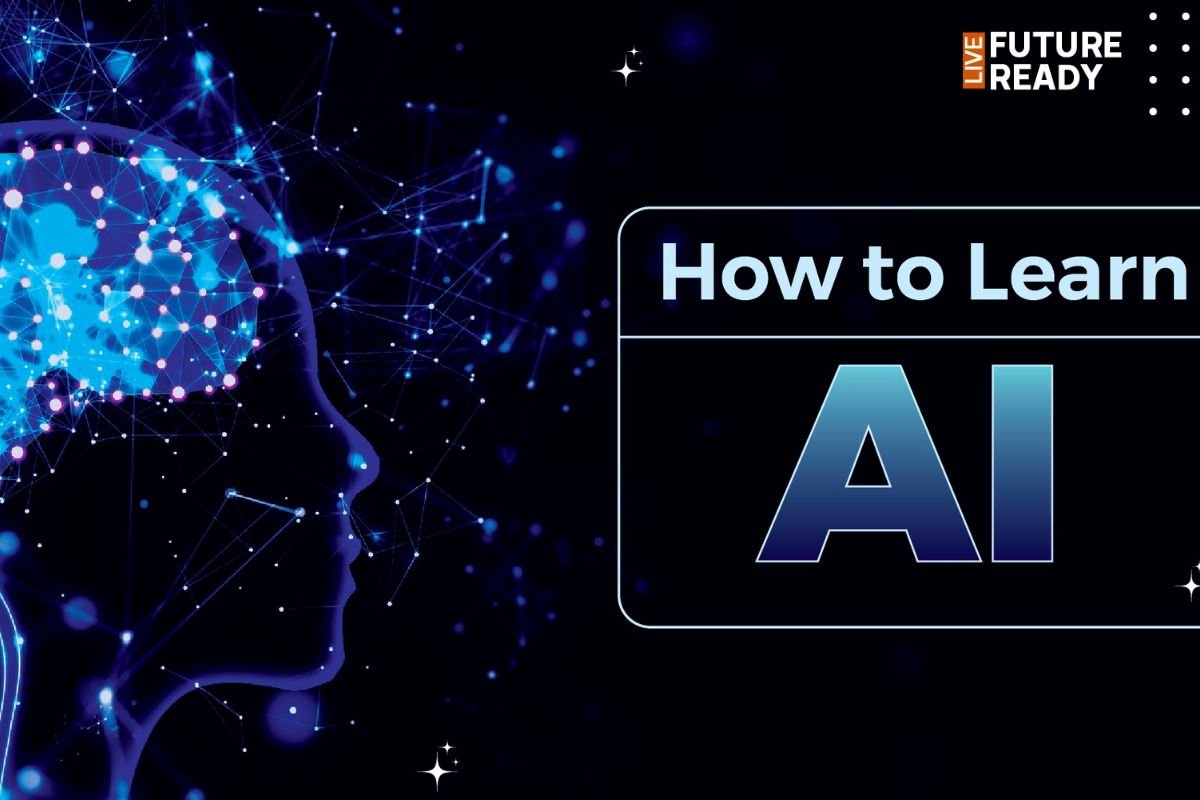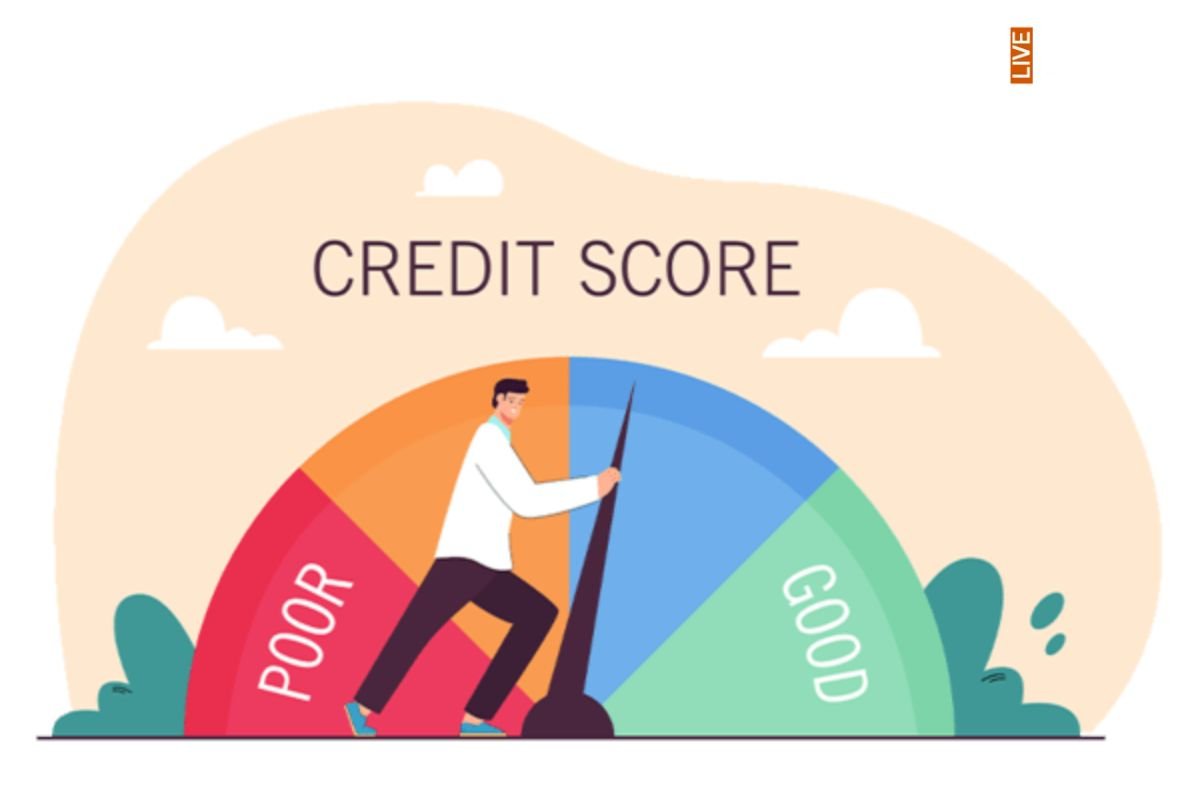Artificial Intelligence is transforming education – but not always in the right direction. With the rise of tools like ChatGPT, AI paraphrasers, and exam-solving bots, students are now engaging in exam cheating that’s smarter, faster, and more discreet than ever before. This growing trend in cheating techniques has sparked alarm among teachers, schools, and universities worldwide. Let’s explore how AI-powered tools and large language models are making academic misconduct easier, what types of cheating are happening, and what educators can do to fight back.
How Students Are Using AI to Cheat
- AI Essay Writers
- Generative AI tools like ChatGPT and Claude can write full essays in seconds.
- Students input a prompt, and the AI generates grammatically perfect, plagiarism-free content.
- These essays often bypass plagiarism detection because they are unique, not copied.
- AI Paraphrasers & Rewriters
- Apps like QuillBot or Grammarly Go help students rewrite source content just enough to avoid detection.
- AI spins articles, answers, or Wikipedia pages while keeping the meaning intact.
- AI in Online Assessments
- Students feed live questions into ChatGPT or use covert browser extensions during online proctored exams.
- AI-powered tools can deliver instant answers to MCQs, coding problems, and even case studies.
- Image-to-Text Apps
- Students snap pictures of textbook questions or handwritten queries and use AI tools to extract and solve them.
- Apps like Socratic or Photomath use OCR + AI to give step-by-step answers.
- Fake Citations & Fabricated Research
- AI tools can generate entire fake bibliographies that look real but lead nowhere.
- Some even create imaginary data for surveys or research projects.
Why This Is More Dangerous Than Traditional Cheating
AI makes exam cheating more scalable, harder to detect, and tempting even for average students. The use of machine learning algorithms in these cheating techniques poses a significant challenge to assessment security.
Also Read: – Why Internships Are More Important Than Grades
How Teachers & Schools Are Responding
- AI-Detection Tools
- Software like Turnitin’s AI detector, GPTZero, and Copyleaks are being used to spot machine-written answers.
- However, these are not always 100% accurate and can sometimes flag genuine work, leading to false positives.
- Redesigning Assessments
- Teachers are shifting to open-book, oral, or project-based evaluations.
- Some use real-time viva or ask students to explain their submitted work.
- This approach focuses on authentic assessment and formative assessment techniques.
- Proctored Exams & Lockdown Browsers
- Online exams now include video proctoring, screen recording, and secure browser restrictions.
- AI proctoring and automated proctoring systems are being implemented to enhance exam integrity.
- Some institutions still prefer human proctors for a more personalised approach.
- Education & Ethics Campaigns
- Schools are educating students about academic integrity, emphasizing long-term consequences over short-term gains.
- These campaigns often highlight the importance of data security and GDPR compliance in educational technology.
Real Examples Making Headlines
- India (2024): Several students were caught using ChatGPT during their CUET entrance exam, triggering nationwide concerns about exam cheating.
- US Universities: Ivy League schools updated their academic honesty policies to include AI-generated content as plagiarism, addressing the challenges posed by large language models.
- UK Schools: GCSE and A-level students flagged for using AI in homework, prompting stricter teacher oversight and a reevaluation of distance learning practices.
Is It Really Learning If AI Does It for You?
While AI can be a helpful study assistant, using it to cheat robs students of the learning experience. Over time, this can lead to:
- Poor understanding of core subjects
- Inability to think critically or write independently
- Serious consequences in higher education and jobs
Universities and employers are now checking students for soft skills and original thinking, knowing AI can do the technical work. This shift is particularly relevant for professional certification exams.
What Students Should Do Instead
- Use AI as a learning guide, not a shortcut.
- Ask AI for explanations, summaries, or practice questions, not full answers.
- Focus on improving writing, reasoning, and research skills—it pays off in the real world.
Final Thoughts
AI is a double-edged sword in education. While it can empower students, it’s also enabling smarter, harder-to-detect cheating. Schools need new strategies in educational technology and assessment design, and students need a new mindset. Cheating with AI may look smart now, but in the long run, it cheats you of your future.
As the landscape of online assessments evolves, so too must our approaches to maintaining academic integrity. From remote proctoring to behavioural analytics, the tools to combat student misconduct are becoming as sophisticated as the cheating techniques themselves. However, the ultimate goal remains fostering an environment where learning and personal growth are valued above shortcuts.
Read more on our website: Future Ready, your go-to platform for the best educational content and latest updates on AI in education and exam integrity.




















